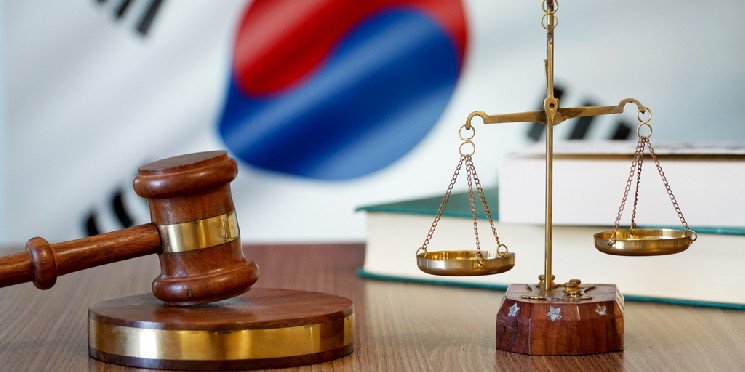South Korea's inaugural law to protect crypto investors came into force on Thursday as the country attempts to close its regulatory shortcomings related to the industry.
The Virtual Asset User Protection Act aims to target unfair trading practices following incidents of bygone years including the likes of the Terra-Luna crash and FTX's collapse.
The law's implementation follows recent initiatives by South Korean crypto exchanges to prevent mass delistings ahead of the new regulatory measures.
South Korea’s Act defines digital assets as electronic tokens with economic value that can be traded or transferred electronically. While it includes crypto in general, it excludes non-fungible tokens and central bank digital currencies.
Under the law, crypto exchange operators must deposit users' funds in financial institutions, such as banks, to protect them in the event of bankruptcy. Exchanges must also pay interest on these deposits, with local exchanges required to offer rates between 1% and 1.5%.
Exchanges are required to keep some of their users' virtual assets in cold wallets to protect against hacking and system failures. They are also required to obtain insurance or set aside reserves to cover potential losses.
To combat unfair trading practices, the law mandates that crypto exchanges monitor and report abnormal transactions, such as unusual price movements or trading volumes, to financial authorities, enhancing market integrity and investor protection.
Earlier this month, South Korean crypto exchanges operating under the Digital Asset Exchange Alliance (DAXA) introduced guidelines to avert large-scale crypto delistings.
Those guidelines standardize criteria for supporting and terminating digital asset trading. DAXA announced a six-month review of 1,333 existing digital assets to ensure compliance, aiming to boost transparency and reduce the risk of asset removals.
South Korea has made some efforts to regulate the industry over the years, attempting to tighten controls over how crypto is treated and traded.
Revised regulations aimed at crypto exchanges, which came into effect in March of 2021, led over 60 marketplaces to comply with the requirement to register with the country’s Financial Intelligence Unit (FIU) - the country's anti-money laundering and counter-terrorism financial regulatory agency.
The mandate also necessitated partnerships with banks to ensure real-name accounts.
On March 5, 2020, South Korea amended the Act on the Reporting and Use of Specific Financial Transaction Information, targeting virtual asset service providers (VASPs).
Under the revised regulations, VASPs are required to register an authorized bank account, obtain an Information Security Management System certificate, and submit company and bank account details to the FIU.
Additionally, they must now implement stringent Anti-Money Laundering and Know-Your-Customer procedures.
In response to the new regulations, OKX, a major Asian crypto exchange formally known as OKEx, chose to exit the South Korean market rather than pursue registration as a VASP, citing challenges with its business model under the new rules at the time.
 decrypt.co
decrypt.co
